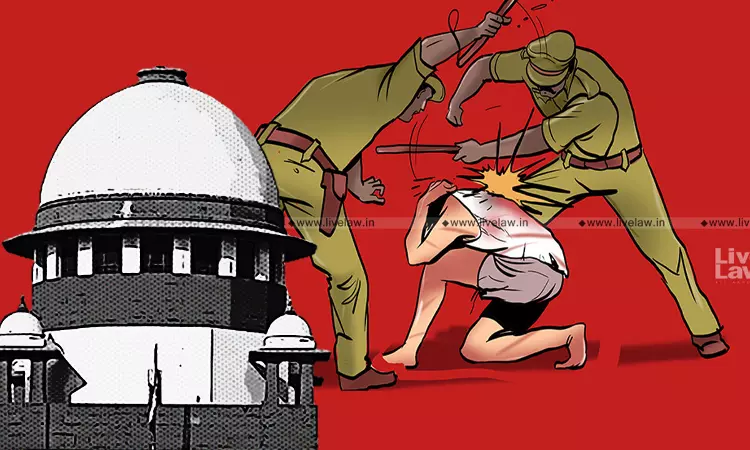Supreme Court Stays Meghalaya HC Order Fixing Compensation Amount For Unnatural Custodial Deaths
Debby Jain
26 Jan 2024 12:39 PM IST

Next Story
26 Jan 2024 12:39 PM IST
The Supreme Court has issued notice on Meghalaya government's petition challenging an order of the State's High Court, whereby quantum of punitive compensation payable by the government for custodial deaths since 2012 was affixed on the basis of age of the victims.A three-Judge Bench of Justices BR Gavai, Sanjay Karol and Sandeep Mehta stayed the impugned judgment, subject to a condition that...
